Buy Gefticip : Gefitinib 250 Mg Tablets 30’S Online
$44.88
Brand Name : Gefticip
Composition : Gefitinib
Manufactured by : Cipla Ltd.
Strength : 250 mg
Form : Tablets
Packing : Pack of 30 Tablets
Prescription Required *
Gefticip is an anti-cancer medication used to treat non-small cell lung cancer (NSCLC) that has spread to other parts of the body. It contains the active ingredient Gefitinib, which works by blocking the action of a protein called epidermal growth factor receptor (EGFR), which is responsible for the growth and spread of cancer cells.
Uses:
Gefticip is used in the treatment of non-small cell lung cancer (NSCLC) that has spread to other parts of the body. It is most commonly used in patients who have already received chemotherapy.
HOW TO USE:
Gefticip should be taken orally once a day, with or without food. It is important to follow the dosage instructions provided by your doctor, as the dose may need to be adjusted over time.
Storage Conditions:
Gefticip should be stored at room temperature, away from heat and moisture. It should be kept out of the reach of children and pets.
Mechanism of action:
Gefticip works by blocking the action of epidermal growth factor receptor (EGFR), a protein that is overexpressed in many types of cancer cells and plays a crucial role in their growth and spread. By blocking EGFR, Gefticip helps to slow down the growth and spread of cancer cells.
Precautions:
Gefticip may cause serious side effects, including liver damage, lung problems, and skin reactions. Patients may need to have regular blood tests to monitor liver function. Patients should also inform their healthcare provider of any new or worsening lung problems or skin reactions.
Contraindications:
Gefticip should not be used in patients who are allergic to Gefitinib or have a history of severe allergic reactions to chemotherapy drugs. It should also not be used in patients with severe liver problems.
Drug Interactions:
Gefticip may interact with other medications, including drugs that affect liver function, certain antibiotics, and antifungal medications. It is important to inform your doctor of all the medications you are taking before using Gefticip.
Overdose:
An overdose of Gefticip can cause serious side effects, including liver damage and lung problems. If an overdose is suspected, seek medical attention immediately.
Side effects:
Gefticip may cause side effects such as nausea, vomiting, diarrhea, and skin rash. It may also cause more serious side effects such as liver damage, lung problems, and skin reactions. If any of these side effects occur, discontinue use and consult a doctor.
Be the first to review “Buy Gefticip : Gefitinib 250 Mg Tablets 30’S Online” Cancel reply
Related products
Anti Cancer
Anti Cancer
Anti Cancer
Anti Cancer
Anti Cancer


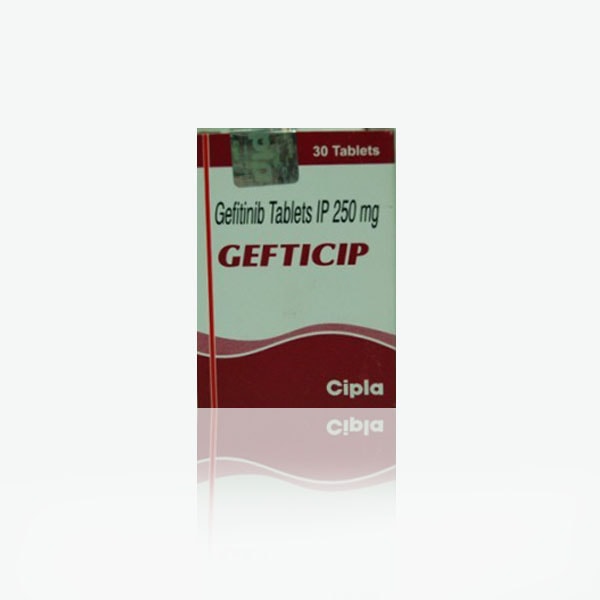
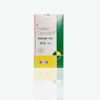
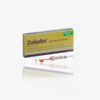
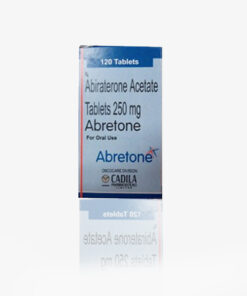
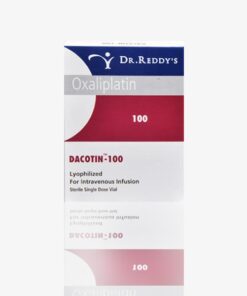
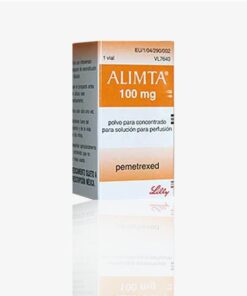
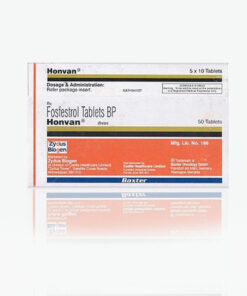
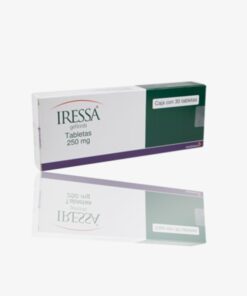
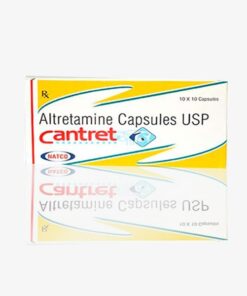

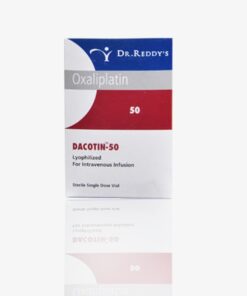
Reviews
There are no reviews yet.